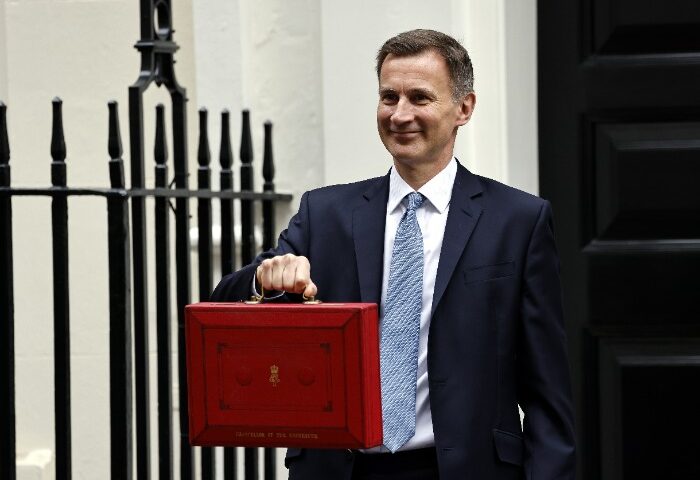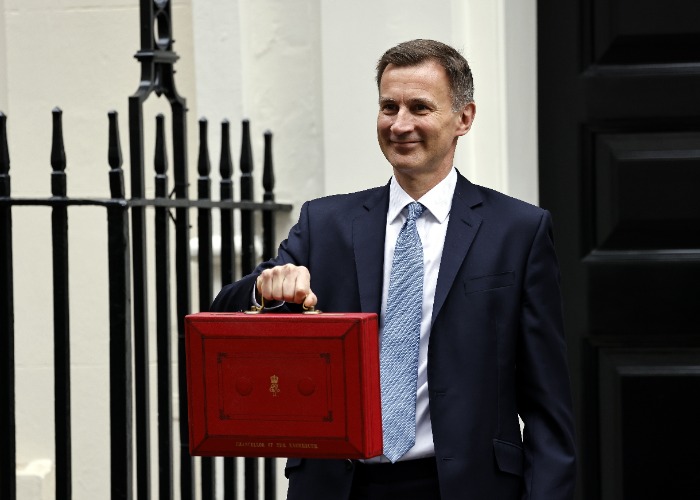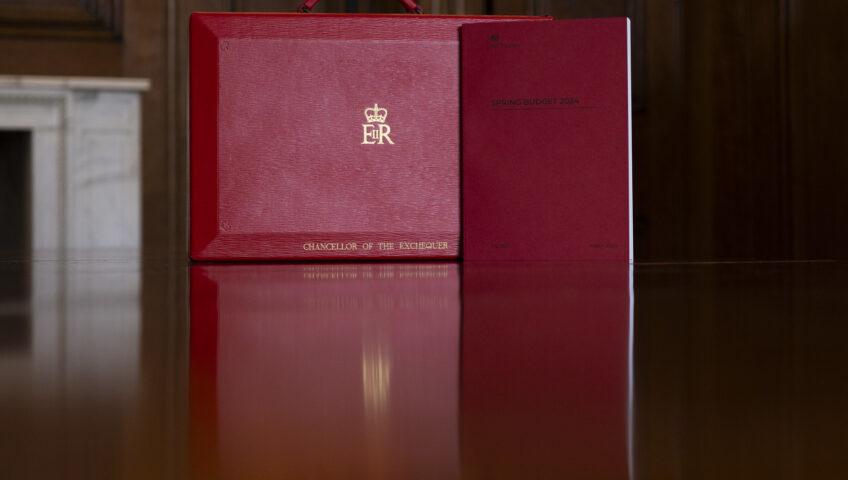
If you sold a property in the UK on or after 6 April 2020:
You must report and pay any Capital Gains Tax due on UK residential property within:
- 60 days of selling the property if the completion date was on or after 27 October 2021
- 30 days of selling the property if the completion date was between 6 April 2020 and 26 October 2021
You may have to pay interest and a penalty if you do not report and pay on time.
If you sold a residential property before 6 April 2020, you must report your gains in a Self Assessment tax return for the tax year following the sale.
If your property was jointly owned
You must report your own gain or loss. Special rules apply if you give a UK property to your spouse, your civil partner, or to charity.
Before you start
Work out your gain to find out if you have to report and pay tax.
If you’re a UK resident, you do not need to report your gains online if your total gains are less than the tax-free allowance.
Report and pay online
Use a Capital Gains Tax on UK property account to:
- report and pay any tax due on UK property
- view or change a previous return
Need more information?
We offer a wide range of services which are unique to your businesses who are just getting going! Our team of chartered accountants have a wealth of experience in a broad range of sectors, from construction and property to the charity sector. Our team work hard to ensure they create smart and effective tax-efficient solutions for start-ups to optimise growth and help them succeed. If you want to learn more about how the team can help or simply want some start-up advice from a trusted accountant do hesitate to contact us. For more information please do hesitate to contact us on 0161 962 1855. Alternatively you can email us using the form below and we will contact you as soon as possible.
Our fantastic team at A&C Chartered Accountants are here to help.










